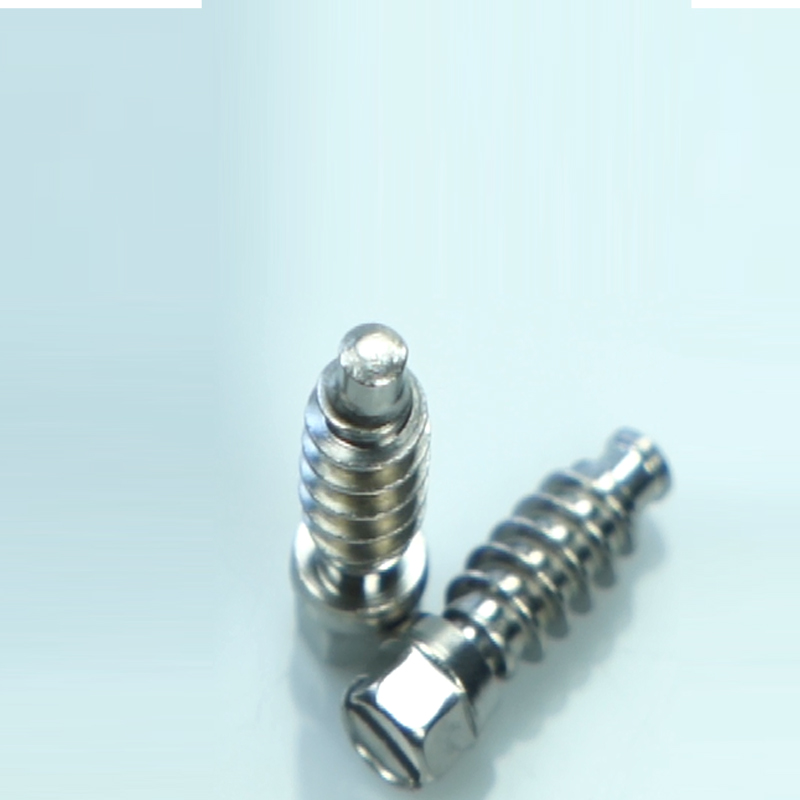- Phone:+86-17331948172 +86-0319-8862898
- E-mail: inquiry@puxingclamp.com
Jul . 30, 2024 17:57 Back to list
High-Quality Stainless Steel Hose Clips for Reliable Performance in Various Applications
The Significance of Stainless Steel Hose Clips in China’s Industrial Landscape
In recent years, China's manufacturing landscape has witnessed remarkable growth and diversification, particularly in the production of stainless steel products. Among these products, stainless steel hose clips have gained prominence, serving an essential role across various industries. Hose clips, also known as hose clamps, are critical components utilized in securing hoses onto fittings, particularly in automotive, construction, and plumbing applications. Their reliability, durability, and resistance to corrosion make stainless steel the preferred material for these products.
The Material Advantage
Stainless steel is favored for hose clips due to its excellent mechanical properties and resistance to rust and corrosion. This characteristic is especially important in environments exposed to moisture, chemicals, or extreme temperatures. In China, the production of stainless steel hose clips typically involves high-grade stainless steel alloys, such as 304 and 316, which offer enhanced strength and resistance to pitting and stress corrosion. The use of these materials ensures the longevity and dependability of hose clips, reducing the likelihood of failures that can lead to expensive repairs or safety hazards.
Diverse Applications
The versatility of stainless steel hose clips has led to their widespread use across various sectors. In the automotive industry, they are commonly employed in securing various hoses, from coolant lines to fuel hoses, ensuring optimal performance and safety. In construction, these clips play a crucial role in plumbing systems, HVAC installations, and other infrastructure projects where reliable connections are vital. Additionally, the food processing and pharmaceutical industries utilize stainless steel hose clips to meet stringent hygiene standards, as stainless steel is easily cleaned and resistant to contaminants.
Market Expansion and Innovation
china stainless steel hose clip

China stands as one of the largest producers and consumers of stainless steel hose clips globally, largely due to its booming industries and extensive pipeline networks. The domestic market has expanded alongside international demand, with many manufacturers adopting advanced production techniques and automation to enhance efficiency and quality. Innovations such as the development of specialized clips tailored for specific applications, including those with unique shapes or enhanced pressure resistance, have further boosted the industry.
Sustainability Practices
In light of growing environmental concerns, manufacturers in China are increasingly focusing on sustainable practices in the production of stainless steel hose clips. The push for eco-friendly materials and processes not only addresses environmental issues but also meets the rising demand for sustainable products from conscientious consumers. Additionally, stainless steel itself is a recyclable material, contributing to a circular economy and reducing waste.
Export Potential
The export prospects for Chinese stainless steel hose clips are promising, driven by the global trend towards high-quality, durable industrial components. Countries in Europe, North America, and Asia are significant markets for these products, emphasizing the importance of quality and compliance with international standards. Chinese manufacturers are actively seeking to improve their global competitiveness by adhering to these standards and engaging in international partnerships.
Conclusion
Stainless steel hose clips represent a critical component of countless applications in various industries. As China's manufacturing capabilities continue to expand and innovate, the significance of these products will only grow. With a focus on quality, sustainability, and international collaboration, the future of stainless steel hose clips in China looks bright, paving the way for increased market opportunities and enhanced industrial reliability. As industries evolve and demand for resilient and trustworthy components rises, stainless steel hose clips will undoubtedly play a vital role in supporting this progression.
-
Large Stainless Steel Adjustable American Type Hose Clamp - Hebei Pux Alloy Technology Co., Ltd|Corrosion Resistance&High Breaking Torque
NewsJul.30,2025
-
Large Stainless Steel Adjustable American Type Hose Clamp - Hebei Pux Alloy Technology Co., Ltd
NewsJul.30,2025
-
Large Stainless Steel Adjustable American Type Hose Clamp - Hebei Pux Alloy Technology Co., Ltd|Corrosion Resistance&Industrial Applications
NewsJul.30,2025
-
Large Stainless Steel Adjustable American Type Hose Clamp-Hebei Pux Alloy Technology Co., Ltd|Corrosion Resistance, Adjustable Design
NewsJul.30,2025
-
Large Stainless Steel Adjustable American Type Hose Clamp - Hebei Pux Alloy Technology Co., Ltd. | High Breaking Torque & Corrosion Resistance
NewsJul.30,2025
-
Large Stainless Steel Adjustable American Type Hose Clamp - Hebei Pux Alloy Technology Co., Ltd
NewsJul.30,2025




